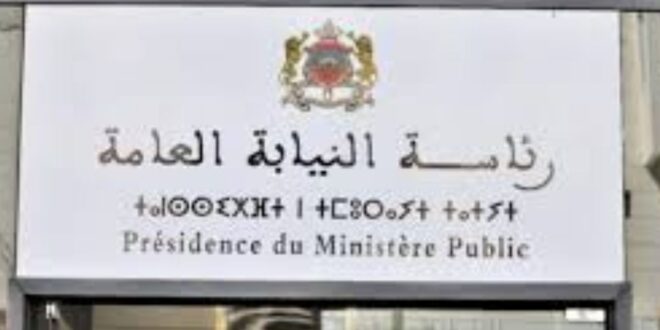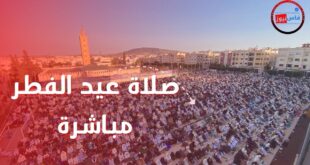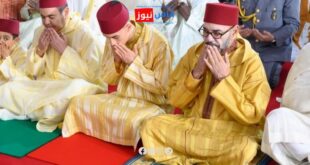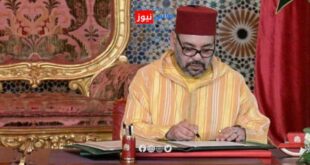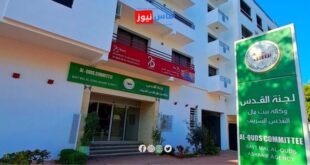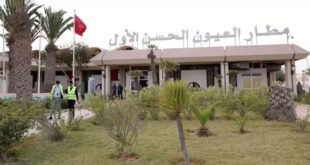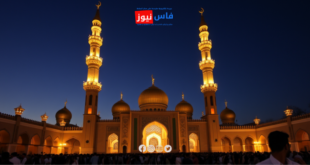In the ongoing discussions around journalism and journalists’ rights in Morocco, Mr. Hassan Farhan, head of the Press Issues Unit at the Public Prosecution Office, recently shared insights on balancing freedom of expression with adherence to the law. Farhan’s statements shed light on the Public Prosecution’s position regarding recent cases that have stirred public opinion, especially concerning legal actions taken against journalists.
Farhan began by emphasizing that communication between the Public Prosecution and the media is not a new approach. Rather, it is part of a strategy adopted by the Prosecution since its establishment. He noted that the aim is to enable citizens to access accurate information and combat the spread of misinformation and rumors, particularly prevalent on social media.
He highlighted that this interaction with the public is part of enforcing legal principles of transparency and credibility, especially in cases that spark public debate or impact fundamental individual rights. Farhan explained that this communication is a continuous engagement with the media, intended to ensure justice and uphold the right to information.
Regarding the case of journalist Hamid El Mahdaoui, editor of the news site “Badil,” who was recently sentenced to a year and a half in prison, Farhan clarified that El Mahdaoui still enjoys the presumption of innocence, pointing out that judges alone hold the discretionary authority to determine the final verdict. He added that the Public Prosecution considers all legal details and facts of the case, cautioning against rushing to conclusions about the legality of the prosecution.
A central point in his statements concerned whether journalists should be subject to the press law or the criminal code. Farhan acknowledged that this is a widely debated issue in society, noting that distinguishing journalistic work from other online activities has become a key topic in the digital age. He explained that journalism, as defined by law, requires specific conditions, such as obtaining a public prosecutor’s authorization and appointing a managing editor, among other regulations that apply to officially recognized newspapers and websites.
Farhan’s remarks reflect the judiciary’s challenges in addressing online journalism issues. He emphasized that while journalism is a noble profession that should operate within legal boundaries, expression on social media platforms must be regulated by the same laws governing individual actions. Defamatory practices that damage reputations or involve slander cannot be considered part of freedom of expression.
He further elaborated that the Public Prosecution handles press cases through a clear and transparent legal framework, especially at a time when opinions differ regarding the impact of social media on individuals’ rights. Farhan acknowledged the ongoing societal discussion about separating press from freedom of expression, seeing it as part of the legal evolution needed to keep pace with technological advancements.
Concluding his statement, Farhan reaffirmed that the judiciary is the only entity authorized to issue rulings on cases before it. He emphasized that the individual in question still enjoys the presumption of innocence and the constitutional and legal guarantees of a fair trial. He reiterated that any judgment against journalists must be legally reviewed as outlined by the legislature, granting every person the right to defend themselves.
Through Hassan Farhan’s statements, it is clear that the Public Prosecution aims to achieve a careful balance between safeguarding press freedom and individuals’ rights within an organized legal context, especially amid the challenges posed by social media and digital journalism.
source : fesnews media
 فاس نيوز ميديا جريدة الكترونية جهوية تعنى بشؤون و أخبار جهة فاس مكناس – متجددة على مدار الساعة
فاس نيوز ميديا جريدة الكترونية جهوية تعنى بشؤون و أخبار جهة فاس مكناس – متجددة على مدار الساعة

